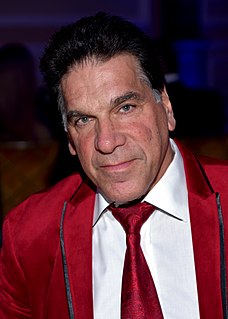A Quote by Sharice Davids
The Justice in Policing Act would enact comprehensive reforms to law enforcement that would improve police training and practices, while increasing much-needed transparency and accountability.
Related Quotes
The DOJ has employed these investigations in communities across our nation to reform serious patterns and practices of force, biased policing and other unconstitutional practices by law enforcement. I'm asking the Department of Justice to investigate if our police department has engaged in a pattern or practice of stops, searches or arrests that violate the Fourth Amendment.
Here in Washington State, I've supported efforts to provide our law enforcement with the proper training and resources required to meet their changing and demanding needs of their job. In doing so, I feel that the community and the law enforcement relationship will gratefully benefit from a renewed sense of responsibility and accountability.
I worked when I was Congress on a second chance act. We have got to do a better job recognizing and correcting the errors in the system that do reflect on institutional bias in criminal justice. But what - what - what Donald Trump and I are saying is let's not have the reflex of assuming the worst of men and women in law enforcement. We truly do believe that law enforcement is not a force for racism or division in our country.
To claim qualified immunity under the Reforming Qualified Immunity Act, a government employee such as a police officer would have to prove that there was a statute or court case in the relevant jurisdiction showing his or her conduct was authorized: a meaningful change that will help law enforcement and the citizens they protect.
Donald Trump said that every undocumented person would be subject to deportation. Now, here's what that means. It means you would have to have a massive law enforcement presence, where law enforcement officers would be going school to school, home to home, business to business, rounding up people who are undocumented. And we would then have to put them on trains, on buses to get them out of America.

































